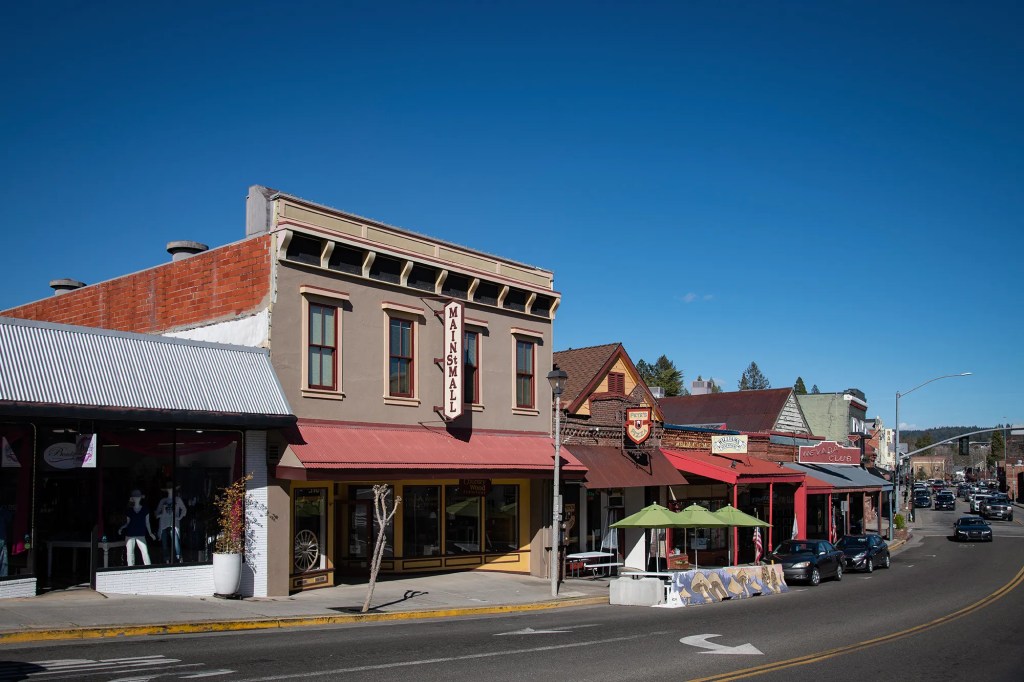
Click here for a complete list of our election recommendations.
Californians are paying more for everything these days. Trust me when I say that, as small business owners, we are feeling the pinch, too.
I have worked hard to keep my family’s legacy alive and well after my dad, an Italian immigrant, opened Relles Florist in 1946 after serving our country in World War II. It hasn’t been easy. We continue to struggle with the rising costs to stay in business.
Proposition 32, a proposed minimum wage hike on the November ballot, will only increase costs for working families, small businesses, and even state and local governments.
Small businesses like ours will be hit harder by the higher costs imposed under Proposition 32 at a time when we are already grappling with expensive utility bills, higher insurance, increased rent and pricey goods. A jump in our labor costs would force us to increase prices for our customers, which is not a choice we want to make when they, too, are being squeezed by high prices.
Ultimately, Proposition 32 ends up hurting working families when the costs are passed onto them.
Even the independent Legislative Analysis Office said as much in its evaluation of Proposition 32, stating, “Higher wages would increase costs for many businesses. Some businesses likely would charge customers higher prices.”
There are only so many ways businesses can trim their budgets when labor costs are forced higher. And yes, it can also be done by limiting hours or even keeping a smaller staff.
Just look at the city of West Hollywood after they increased their minimum wage to $19 if you want an example of real-world impacts.
Dozens of businesses were forced to close their doors, 22% of hourly workers lost their jobs, and another 17% of workers had their hours reduced as a direct result of businesses forced to tighten their belts to afford to keep their doors open. Earlier this year, the city delayed another scheduled increase to give businesses some relief.
A jump in minimum wage would also hit cash-strapped local and state governments by increasing labor costs and reducing revenue collected from business incomes. That could potentially mean either higher taxes to cover the budget deficits or cuts to vital programs in education, infrastructure, public safety and more.

















































